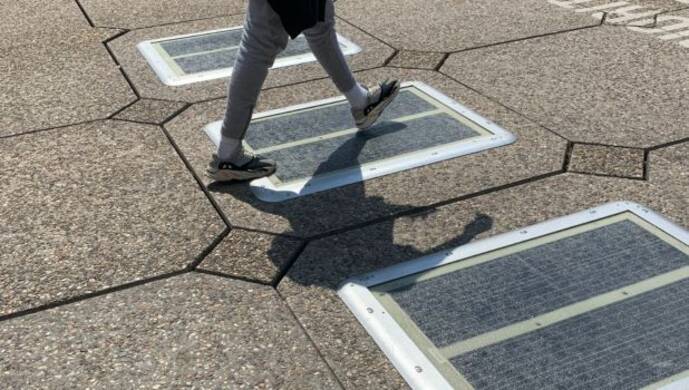Founded in 1929, Colas is a subsidiary of the Bouygues Group specializing in transport infrastructure comprising of four businesses:
- Construction, maintenance and upkeep of road infrastructure,
- Production and recycling of construction materials,
- Construction, renewal and maintenance of rail networks and construction, and
- Maintenance of transport infrastructure and water and energy distribution.
With more than €13.2 billion in sales in 2021, the company was present worldwide and employed more than 55,000 people.
You get what you measure - how to implement carbon accounting
Colas already had a carbon footprint calculator within its Environment department. However, beyond revisiting the calculation method, Colas aimed to systematize and digitalize carbon reporting. Automating the data collection process was essential to the implementation of the group's carbon reporting, and full-scale carbon reporting was a bedrock of the group’s new carbon strategy.
The involvement of the Finance department, and its hybridization with the carbon engineer from the Environment department, not only enabled the automation of data sourcing, but also gave climate and greenhouse gas emissions issues a much more strategic and operational flavor for everyone in the company.
WHY THIS CASE?
In partnership with the Society & Organizations (S&O) Institute of HEC Paris, the case is developed for undergraduate and graduate level students of managerial accounting courses requiring carbon emission calculations and specific courses on environmental or sustainable reporting.
The case aims to familiarize students with the techniques, but also with the challenges, barriers to adoption, and organizational issues related to the implementation of carbon accounting and reporting in companies.
In partnership with:








